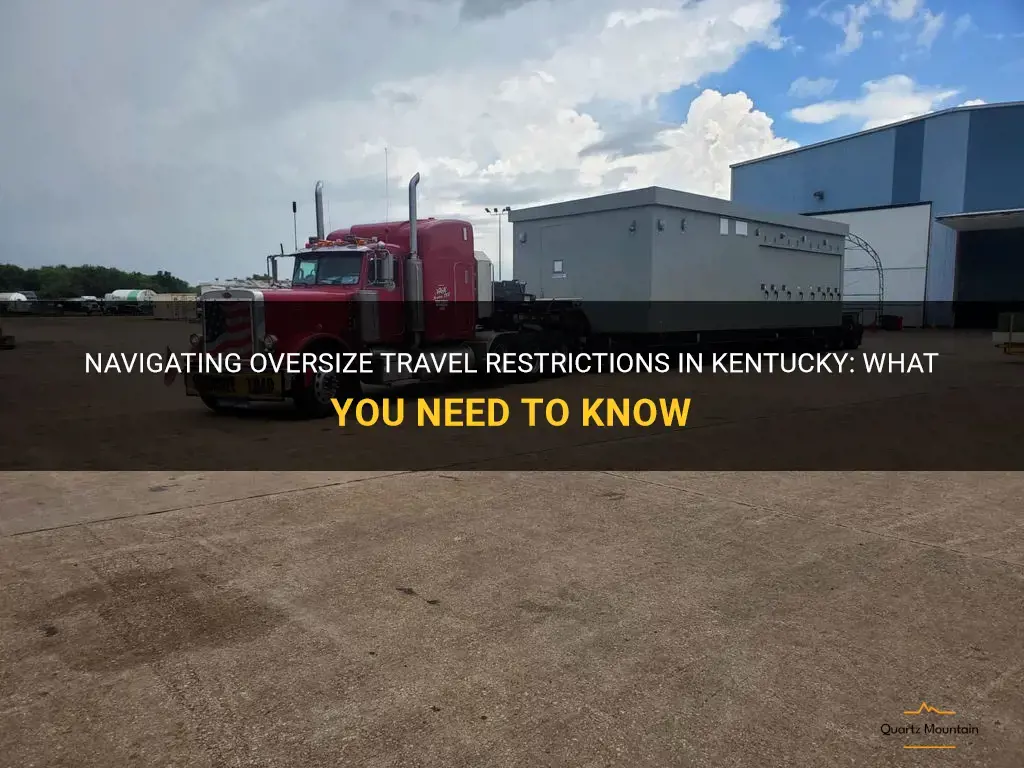
Kentucky, a state known for its bluegrass music and horse racing, also enforces strict oversize travel restrictions. From the quaint countryside roads to the bustling urban highways, navigating through the Bluegrass State can be quite a challenge for those transporting oversized loads. Whether it's transporting heavy machinery or long modular homes, Kentucky's strict regulations aim to ensure safety on the road while preserving the integrity of its infrastructure. So, if you're planning an oversize travel adventure in Kentucky, buckle up and get ready to discover the intricate dance between man and machine as they navigate through the state's unique oversize travel restrictions.
What You'll Learn
- What are the current oversize travel restrictions in Kentucky?
- Are there any specific roads or highways in Kentucky that have additional oversize restrictions?
- What are the consequences for violating oversize travel restrictions in Kentucky?
- Are there any exemptions or permits that can be obtained for oversize travel in Kentucky?
- How often are oversize travel restrictions updated in Kentucky?

What are the current oversize travel restrictions in Kentucky?
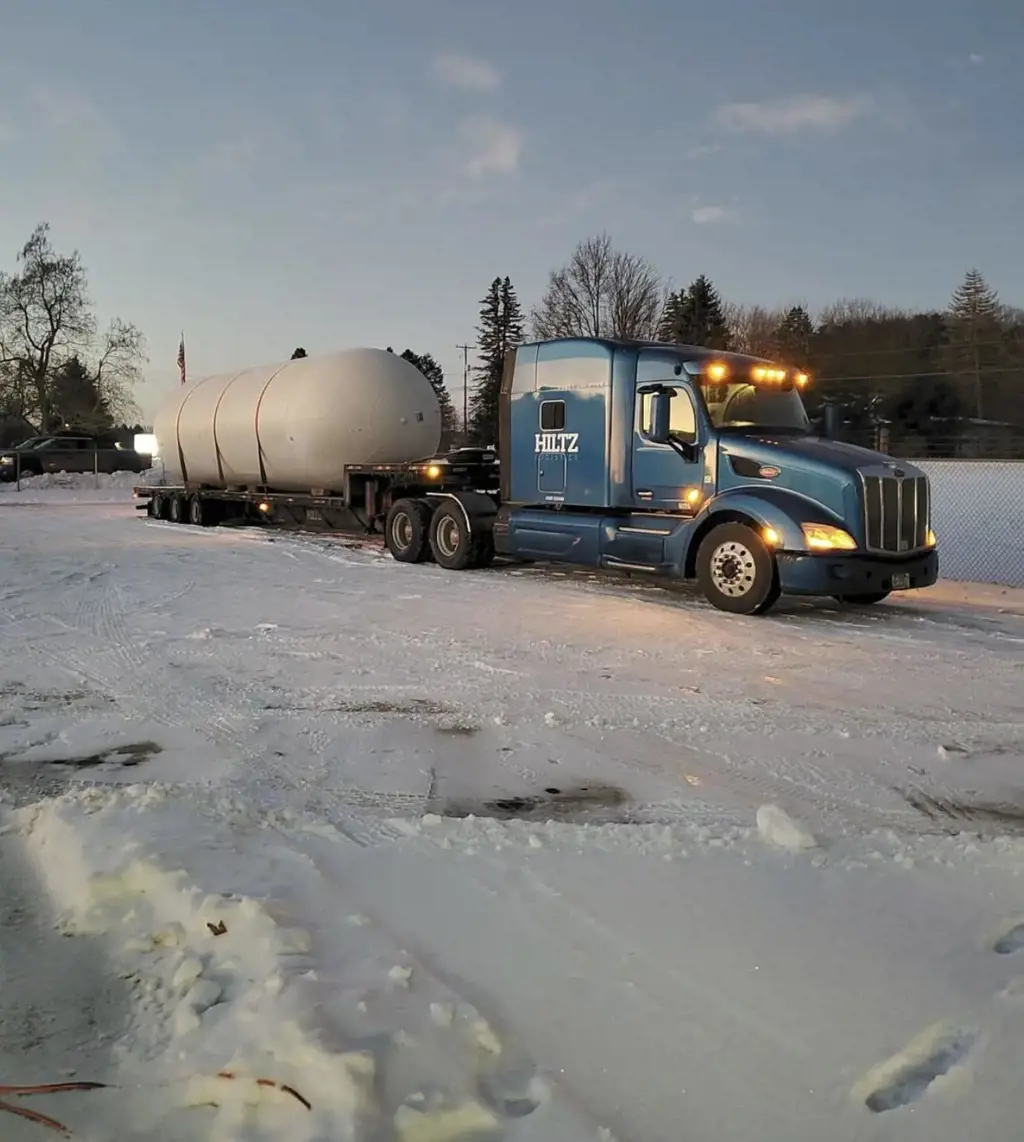
Kentucky is a beautiful state known for its diverse landscapes and scenic roadways. If you are planning to travel through Kentucky with an oversize vehicle, it is important to be aware of the current oversize travel restrictions in the state. Oversize vehicles, such as wide load trucks or recreational vehicles (RVs), require special permits and must follow specific guidelines to ensure safety on the road.
One of the first steps when planning your travel through Kentucky with an oversize vehicle is to obtain an oversize load permit from the Kentucky Transportation Cabinet (KYTC). The permit is required for vehicles that exceed the standard legal load size and weight limits.
To apply for an oversize load permit, you will need to provide specific details about your vehicle, including its dimensions, weight, and load type. The KYTC will review your application and provide you with the necessary permit if it meets the requirements. It is important to allow sufficient time for the application process, as it may take several days to receive the permit.
Once you have obtained the oversize load permit, it is crucial to familiarize yourself with the travel restrictions and guidelines set by the KYTC. These restrictions may vary depending on the specific roadways and bridges in Kentucky.
For instance, some bridges in Kentucky have weight limitations, meaning that vehicles exceeding a certain weight may not be allowed to cross those bridges. It is essential to plan your route accordingly and avoid any bridges that may pose a weight restriction for your oversize vehicle. The KYTC provides a list of bridges with weight limitations on their website, which can be a valuable resource when planning your travel.
In addition to weight restrictions, oversize vehicles may also face restrictions on their width and height. The KYTC has set maximum limits for width and height, and it is crucial to ensure that your vehicle adheres to these limitations. Exceeding the maximum width or height can pose a danger to other drivers on the road and may result in fines or penalties.
To ensure a smooth and safe journey, it is advisable to plan your travel during off-peak hours when traffic is lighter. This allows for easier maneuverability and reduces the risk of accidents or delays. It is also recommended to use designated truck routes whenever possible, as these routes are designed to accommodate oversize vehicles and often have fewer restrictions.
Additionally, it is crucial to maintain proper signage and lighting on your oversize vehicle. The KYTC requires certain markings, such as flags, beacon lights, and signs, to alert other drivers of the presence of an oversize load. These markings ensure visibility and help other drivers make informed decisions while sharing the road with your vehicle.
In conclusion, if you are planning to travel through Kentucky with an oversize vehicle, it is essential to be aware of the current oversize travel restrictions. Obtaining an oversize load permit from the KYTC, familiarizing yourself with the restrictions and guidelines, and planning your route accordingly are crucial steps in ensuring a safe and hassle-free journey. By following these guidelines and adhering to the regulations, you can enjoy the scenic beauty of Kentucky while traveling responsibly with your oversize vehicle.
Exploring PennDOT Travel Restrictions Today: Everything You Need to Know
You may want to see also

Are there any specific roads or highways in Kentucky that have additional oversize restrictions?
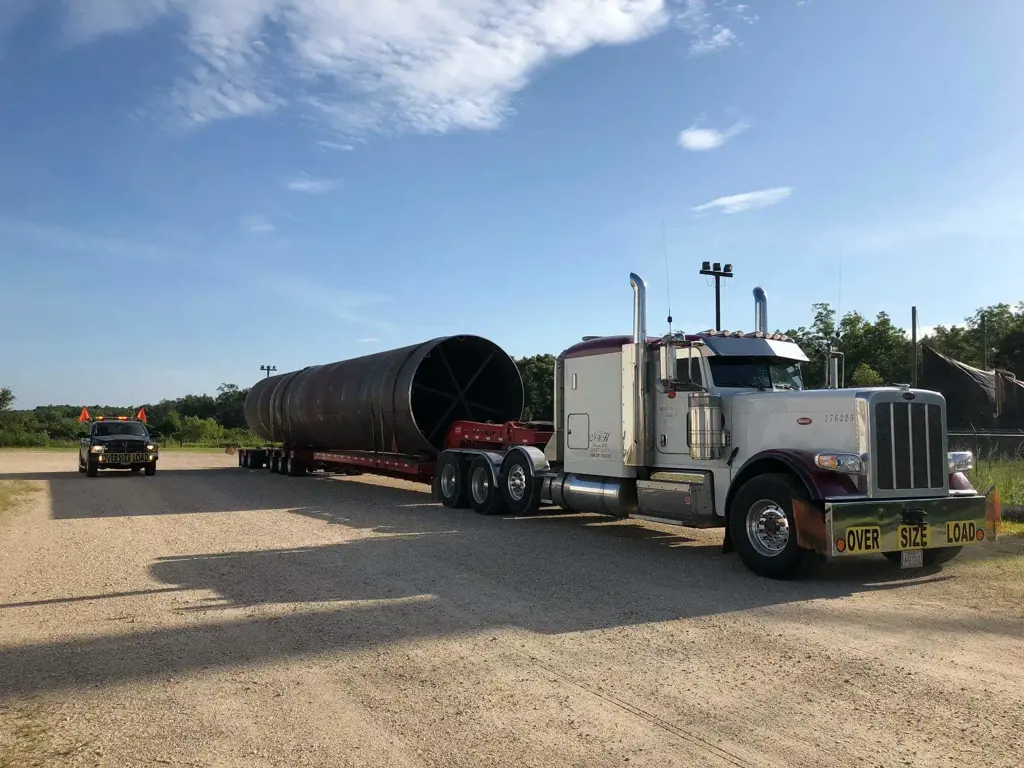
Yes, there are specific roads and highways in Kentucky that have additional oversize restrictions. These restrictions are put in place to ensure the safety of both motorists and oversize vehicles, as well as to protect the infrastructure of the roads themselves.
In Kentucky, oversize vehicles are generally defined as those that exceed the maximum legal dimensions for length, height, or width. These vehicles require special permits and must adhere to specific regulations when traveling on Kentucky roads.
One example of a road in Kentucky with additional oversize restrictions is the Brent Spence Bridge. This bridge, located on Interstates 71 and 75 in northern Kentucky, has strict weight limits due to its age and deteriorating condition. Oversize vehicles are not permitted to travel on this bridge, and special permits are not issued for vehicles exceeding the weight restrictions.
In addition to specific bridges and structures, there are limitations on certain highways and roads in Kentucky. For example, on US-25E in southeastern Kentucky, oversize vehicles are restricted to a width of 8 feet and must request a special permit to travel on this road. This restriction is in place due to the narrow lanes and sharp curves on this portion of the highway.
To obtain a special oversize permit in Kentucky, vehicle operators must submit an application detailing the dimensions and weight of the vehicle, as well as the proposed route. The Kentucky Transportation Cabinet reviews these applications and may grant the permit if the vehicle can safely navigate the requested roads without causing damage or endangering other motorists.
It is important for drivers of oversize vehicles to familiarize themselves with the specific restrictions in Kentucky before planning their routes. Violating these restrictions can result in fines, penalties, and even the revocation of the oversize permit.
In conclusion, there are several specific roads and highways in Kentucky that have additional oversize restrictions. These restrictions are in place to ensure the safety of all motorists and protect the infrastructure of the roads. It is crucial for drivers of oversize vehicles to adhere to these restrictions and obtain the necessary permits before traveling on Kentucky roads.
Chinese New Year Travel Restrictions: What You Need to Know
You may want to see also

What are the consequences for violating oversize travel restrictions in Kentucky?

Oversize travel restrictions refer to the rules and regulations in place that restrict the movement of vehicles and loads that exceed certain size and weight limits. These restrictions are intended to ensure public safety and prevent damage to infrastructure, such as roads and bridges. In Kentucky, like in many other states, violating oversize travel restrictions can result in serious consequences.
One of the immediate consequences of violating oversize travel restrictions in Kentucky is that the driver and the vehicle may be issued a citation. A citation is a legal document that serves as evidence of the violation. The citation may include details of the violation, such as the specific oversize restriction that was violated and the location and time of the violation. The citation can lead to fines and penalties, which can vary depending on the severity of the violation and whether it is a first-time offense or a repeat offense.
In addition to the immediate consequences of receiving a citation, violating oversize travel restrictions can also have long-term consequences. For example, the driver and the vehicle may be subject to increased scrutiny and more frequent inspections in the future. This can result in additional costs and delays for the driver and the company they represent. Furthermore, the driver may also face consequences in terms of their driving record, such as the addition of points to their license or even the suspension of their driving privileges. These consequences can affect future employment opportunities and insurance rates.
Moreover, violating oversize travel restrictions can also have financial implications. In addition to fines and penalties, the driver and the company they represent may be responsible for any damages caused by the violation. For example, if an oversize load damages a bridge or other infrastructure, the driver and the company may be liable for the cost of repairs. This can be a significant financial burden, especially for smaller companies or independent truckers.
To avoid violating oversize travel restrictions in Kentucky, it is important for drivers and companies to be aware of and comply with the applicable rules and regulations. This includes obtaining the necessary permits and ensuring that the load is properly secured and within the size and weight limits. It is also important to plan routes carefully, taking into consideration any specific restrictions or limitations that may apply.
In conclusion, the consequences for violating oversize travel restrictions in Kentucky can be severe. Drivers and companies can face fines, penalties, increased scrutiny, and financial liabilities. To avoid these consequences, it is crucial to be knowledgeable about the rules and regulations, obtain the necessary permits, and ensure compliance with the size and weight limits. By doing so, drivers can help ensure their own safety and the safety of others on the road, as well as avoid potentially costly consequences.
The Latest Travel Restrictions in Burma: What You Need to Know
You may want to see also

Are there any exemptions or permits that can be obtained for oversize travel in Kentucky?
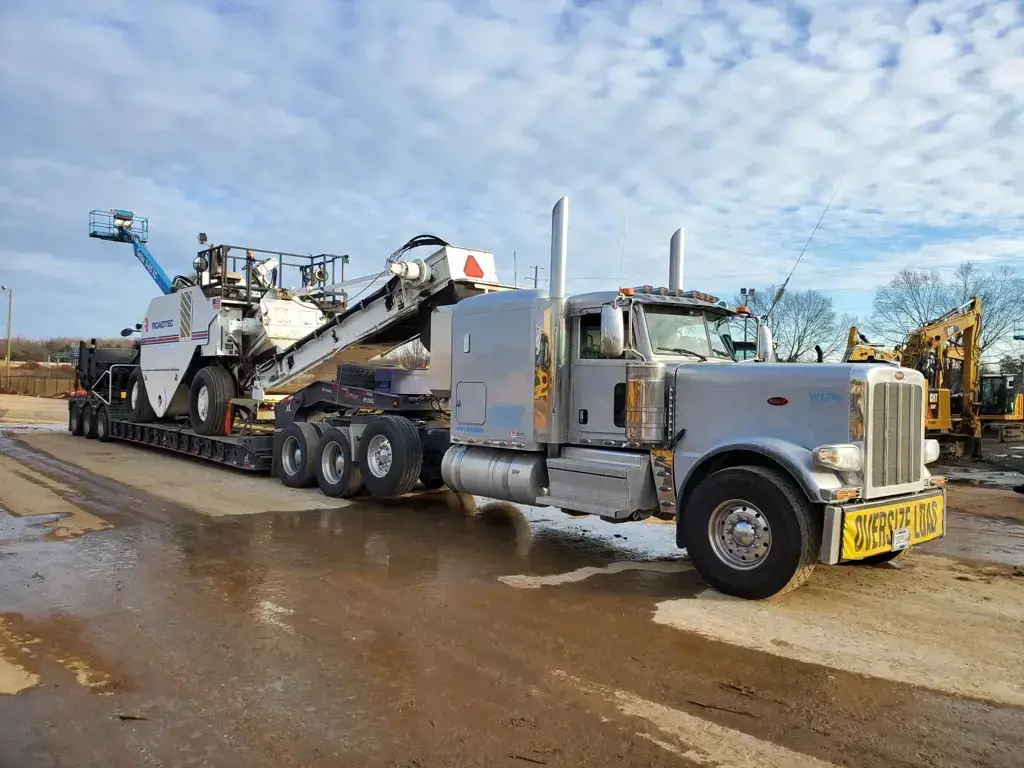
Oversize travel is a common occurrence in the state of Kentucky, especially for industries such as construction and transportation. However, there are a few rules and regulations that need to be followed to ensure the safety of all drivers on the road. In some cases, exemptions or permits can be obtained to allow for oversize travel.
To begin, it's crucial to understand what is considered an oversize load in Kentucky. According to the Kentucky statutes, any vehicle or load that exceeds the legal limits in terms of width, height, or weight is classified as oversize. The legal limits for a non-permit vehicle are 8'6" in width, 13'6" in height, and 80,000 pounds in weight.
If a load exceeds these limits, a permit must be obtained from the Kentucky Transportation Cabinet. The process of obtaining a permit typically involves submitting an application, paying a fee, and providing detailed information about the load, such as its dimensions and route. It's important to note that not all oversize loads will be granted a permit, as each application is reviewed on a case-by-case basis.
However, there are a few exemptions and permits that can be obtained to allow for oversize travel in Kentucky. One such exemption is the farm equipment exemption. Under this exemption, farm equipment that exceeds the legal weight limit can be operated on public roads without a permit, as long as it is being used exclusively for agricultural purposes. This exemption is crucial for farmers who need to transport heavy equipment, such as tractors or harvesters, between their fields.
Another exemption is the emergency vehicle exemption. This exemption allows emergency vehicles, such as fire trucks or ambulances, to exceed the legal limits in order to respond to emergencies. However, it's important to note that this exemption only applies to vehicles that are actively responding to an emergency and does not grant permission for general oversize travel.
In addition to these exemptions, Kentucky also offers oversize permits for specific situations. For example, the state offers a single-trip permit for vehicles or loads that exceed the legal limits but only require one trip. This permit is ideal for one-time transport jobs, such as moving large prefabricated structures or heavy machinery.
Kentucky also offers an annual oversize permit for vehicles or loads that exceed the legal limits on a regular basis. This permit is typically valid for one year and allows for oversize travel along predetermined routes. It's important to note that the routes must be approved by the Kentucky Transportation Cabinet, and any deviations from the approved route may result in fines or penalties.
Overall, oversize travel in Kentucky is possible through various exemptions and permits. Whether it's farm equipment, emergency vehicles, or regular oversize loads, there are options available to ensure safe and legal travel. It's crucial to understand the specific regulations and requirements for each exemption or permit and to follow them closely to avoid any fines or penalties.
Florida Travel Restrictions Set to End: What You Need to Know
You may want to see also

How often are oversize travel restrictions updated in Kentucky?
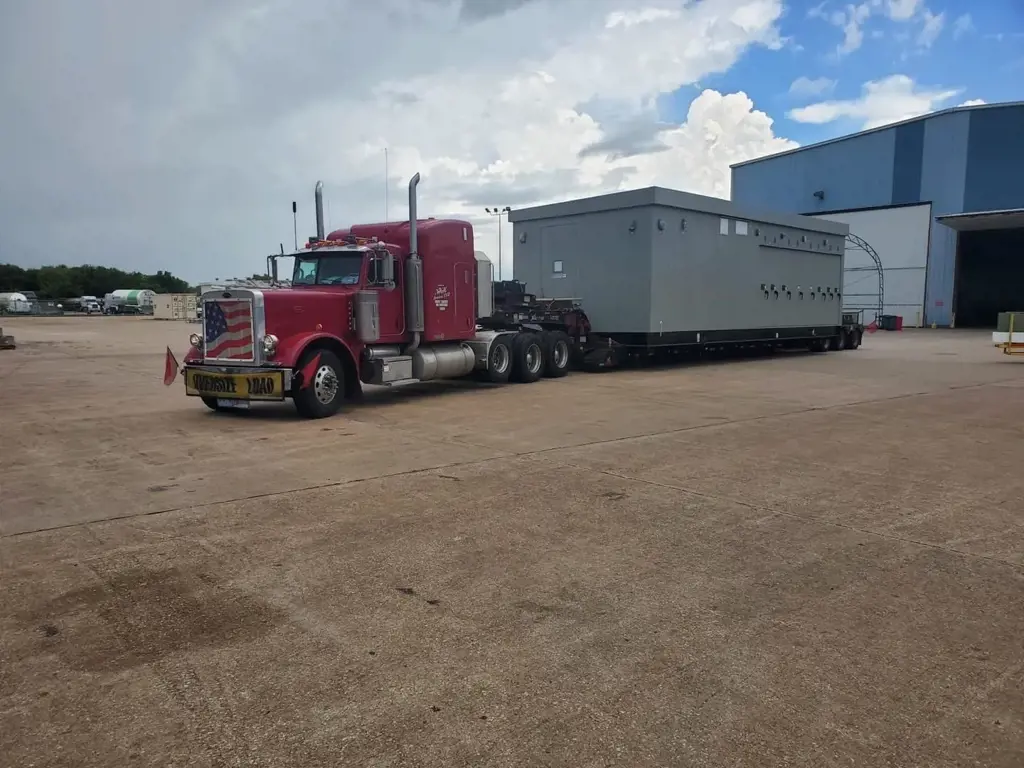
Transporting oversize loads or vehicles can be a challenging task. Each state has its own set of regulations and restrictions that must be adhered to in order to ensure road safety. In Kentucky, oversize travel restrictions are put in place to protect both the load being transported and other motorists on the road. These restrictions dictate the times and routes that oversized loads can travel in the state.
The oversize travel restrictions in Kentucky are updated on a regular basis to accommodate changes in road conditions, construction projects, and other factors that may impact the safe transportation of oversize loads. The Kentucky Department of Transportation (KYTC) is responsible for monitoring and updating these restrictions.
The frequency at which oversize travel restrictions are updated in Kentucky can vary depending on various factors. However, these updates typically occur on a weekly basis. The KYTC analyzes road conditions and other relevant factors to determine if any changes need to be made to the current restrictions.
When updating the oversize travel restrictions, the KYTC takes into consideration any ongoing construction projects, road closures, or other factors that may impact the safety of oversize load transportation. By assessing these factors and making necessary changes to the restrictions, the KYTC helps ensure that oversize loads can be safely transported in Kentucky.
It is important for individuals or companies transporting oversize loads to stay updated on the current restrictions in Kentucky. Failure to adhere to these restrictions can result in fines, penalties, or even accidents. The KYTC provides updated information on oversize travel restrictions on their website, which can be accessed by anyone needing to transport an oversize load in Kentucky.
To ensure that you are in compliance with the oversize travel restrictions in Kentucky, it is recommended to check the KYTC website regularly for any updates. This will help you plan your transportation route and timing accordingly, avoiding any potential issues or violations.
In conclusion, oversize travel restrictions in Kentucky are updated on a regular basis to accommodate changes in road conditions and other relevant factors. The KYTC is responsible for monitoring and updating these restrictions, typically on a weekly basis. It is essential for individuals and companies transporting oversize loads to stay updated on the current restrictions to ensure they are in compliance and to promote road safety. By checking the KYTC website regularly, you can stay informed about any changes to the oversize travel restrictions in Kentucky and plan your transportation accordingly.
Exploring the Travel Restrictions in Marrakech, Morocco
You may want to see also
Frequently asked questions
Oversize vehicles and loads are subject to certain restrictions in Kentucky. The maximum allowable dimensions are 8 feet 6 inches wide, 13 feet 6 inches high, and 48 feet long for trailers. Vehicles with loads wider than 8 feet 6 inches or taller than 13 feet 6 inches must obtain a permit from the Kentucky Transportation Cabinet.
To apply for an oversize travel permit in Kentucky, you must complete the Oversize/Overweight Permit Application form and submit it to the Kentucky Transportation Cabinet. The application should include details about the vehicle and load, route information, and any necessary supporting documentation. There is a processing fee for each permit, and it typically takes 5 to 10 business days to review and approve the application.
Oversize vehicles are generally allowed to travel on Kentucky highways during daylight hours, Monday through Friday, except on major holidays. However, there may be specific restrictions and requirements depending on the size and weight of the vehicle and the route being taken. It is important to check with the Kentucky Transportation Cabinet or consult the oversize permit for any additional restrictions or limitations.







